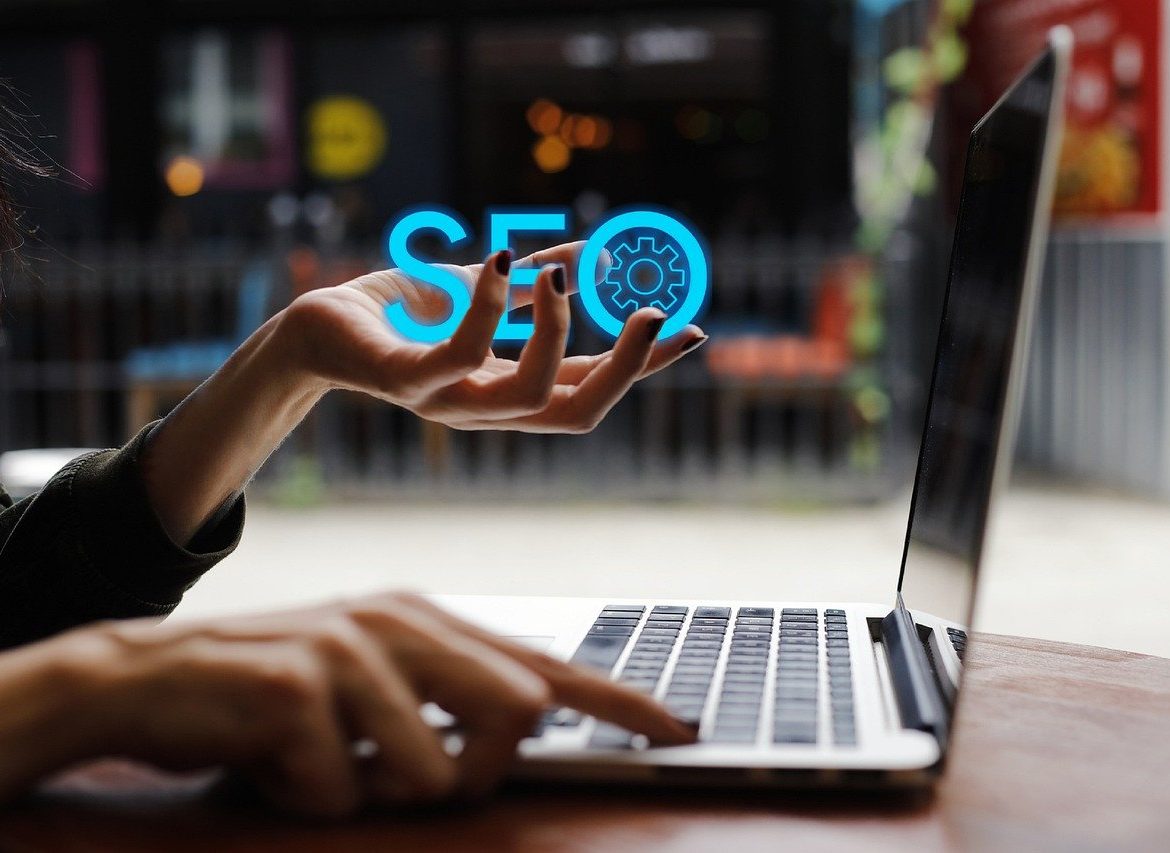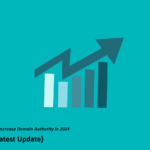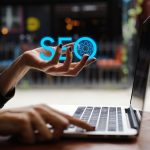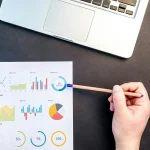Understanding On-Page SEO
On-page SEO is making changes to individual web pages to help them rank higher in search engines and get more appropriate organic traffic. Off-page SEO looks at things like backlinks and social signs outside a webpage. On-page SEO, on the other hand, is all about optimizing things on the webpage. Some of these parts are:- Content: High-quality, relevant, and engaging content is the cornerstone of on-page SEO. This encompasses not only textual content but also images, videos, and other multimedia elements. By creating content that addresses the needs and interests of your target audience, you can increase dwell time, reduce bounce rates, and improve overall user experience.
- Keywords: Keyword research lies at the heart of on-page SEO. Identifying and strategically incorporating relevant keywords into your content helps search engines understand the topic and relevance of your webpage. However, it’s essential to strike a balance between optimization and natural language, ensuring that your content remains readable and user-friendly.
- Title Tags and Meta Descriptions: HTML title tags and meta descriptions summarize webpage content. Optimizing these components with relevant keywords and attractive phrasing can boost search engine CTRs and communicate relevancy.
- URL Structure: A clear, descriptive, and user-friendly URL structure not only enhances readability but also contributes to SEO. Including relevant keywords in your URLs can help both users and search engines understand the content of your webpage.
- Header Tags (H1, H2, etc.): Properly structured header tags not only improve readability but also signal the hierarchical structure of your content to search engines. Using relevant keywords in header tags can further enhance on-page SEO.
- Internal Linking: Internal links play a crucial role in on-page SEO by establishing connections between different pages within your website. Strategic internal linking helps distribute link equity, improve navigation, and facilitate the discovery of new content by search engine crawlers.
Why On-Page SEO Matters
On-page SEO is instrumental in improving your website’s visibility, relevance, and overall performance in search engine results. By making each web page work better for certain keywords and user purpose, you can:- Increase Organic Traffic: Higher search engine rankings lead to increased visibility and organic traffic to your website.
- Enhance User Experience: Optimized content and navigation contribute to a positive user experience, reducing bounce rates and increasing engagement.
- Build Authority and Credibility: Well-optimized web pages signal relevance and expertise, establishing your website as a trusted resource within your niche.
- Maximize Conversion Potential: Relevant, targeted traffic generated through on-page SEO is more likely to convert into leads, subscribers, or customers.
Best Practices for On-Page SEO
If you want your on-page SEO to work as well as possible, you might want to follow these best practices:- Do a lot of study on keywords to find ones that are relevant and get a lot of traffic.
- Create content that is useful and meets the goals and interests of the people you want to reach.
- Optimize title tags, meta descriptions, and URLs with relevant keywords and compelling language.
- Use header tags to structure your content logically and improve readability.
- Incorporate internal links to establish connections between related content and improve navigation.
- Optimize images and multimedia elements with descriptive filenames, alt text, and captions.
- Regularly examine your website’s performance with Google Analytics and Search Console.











